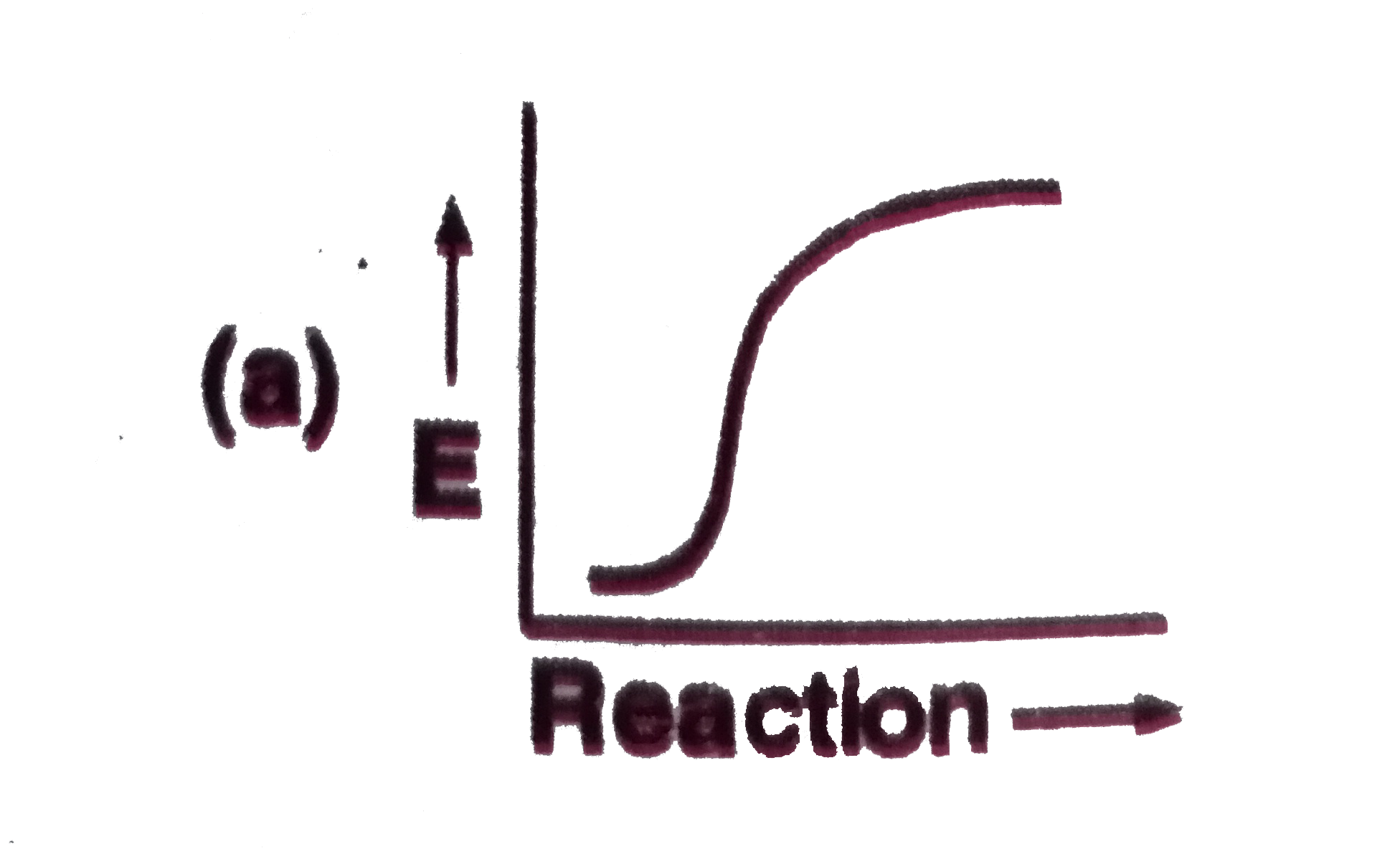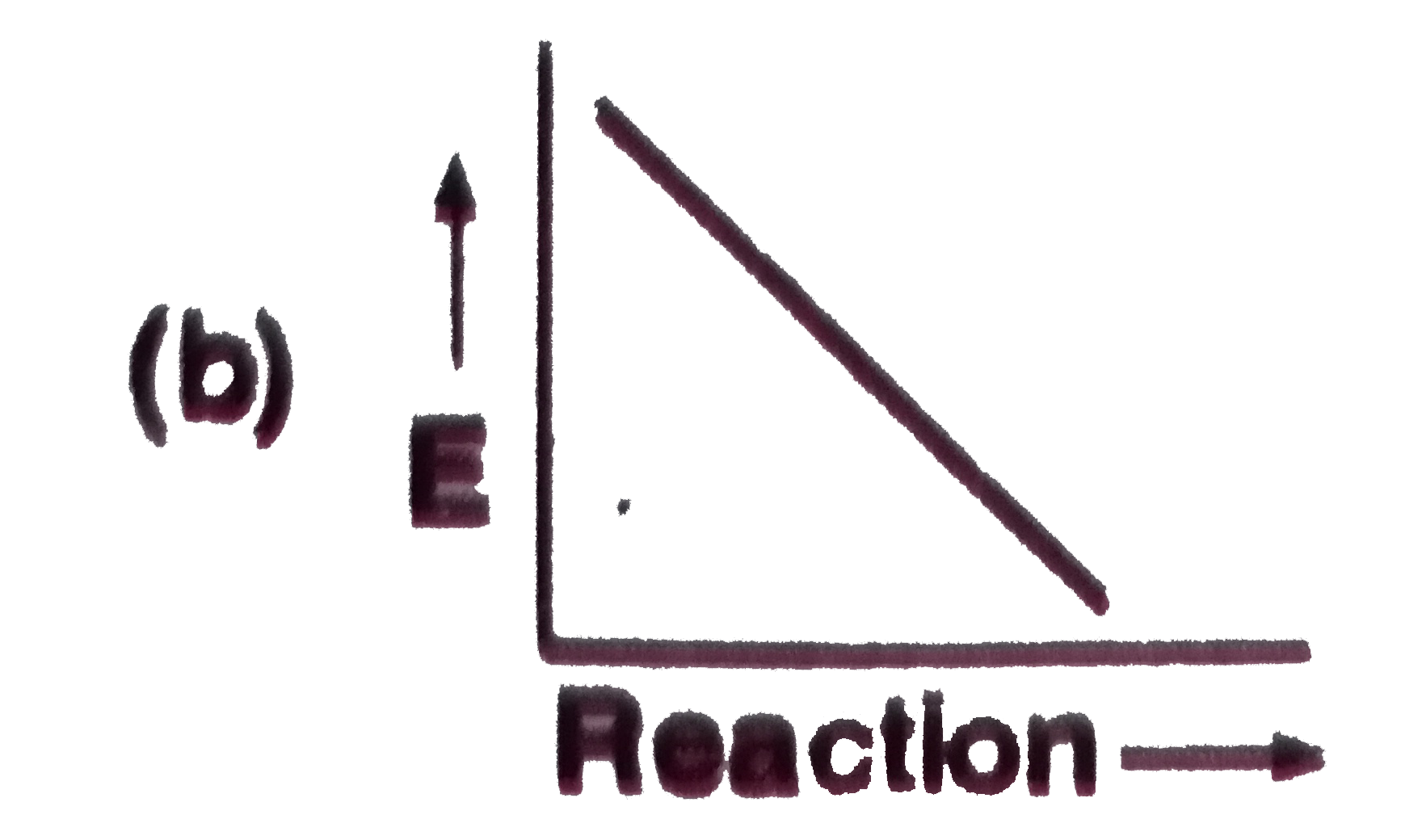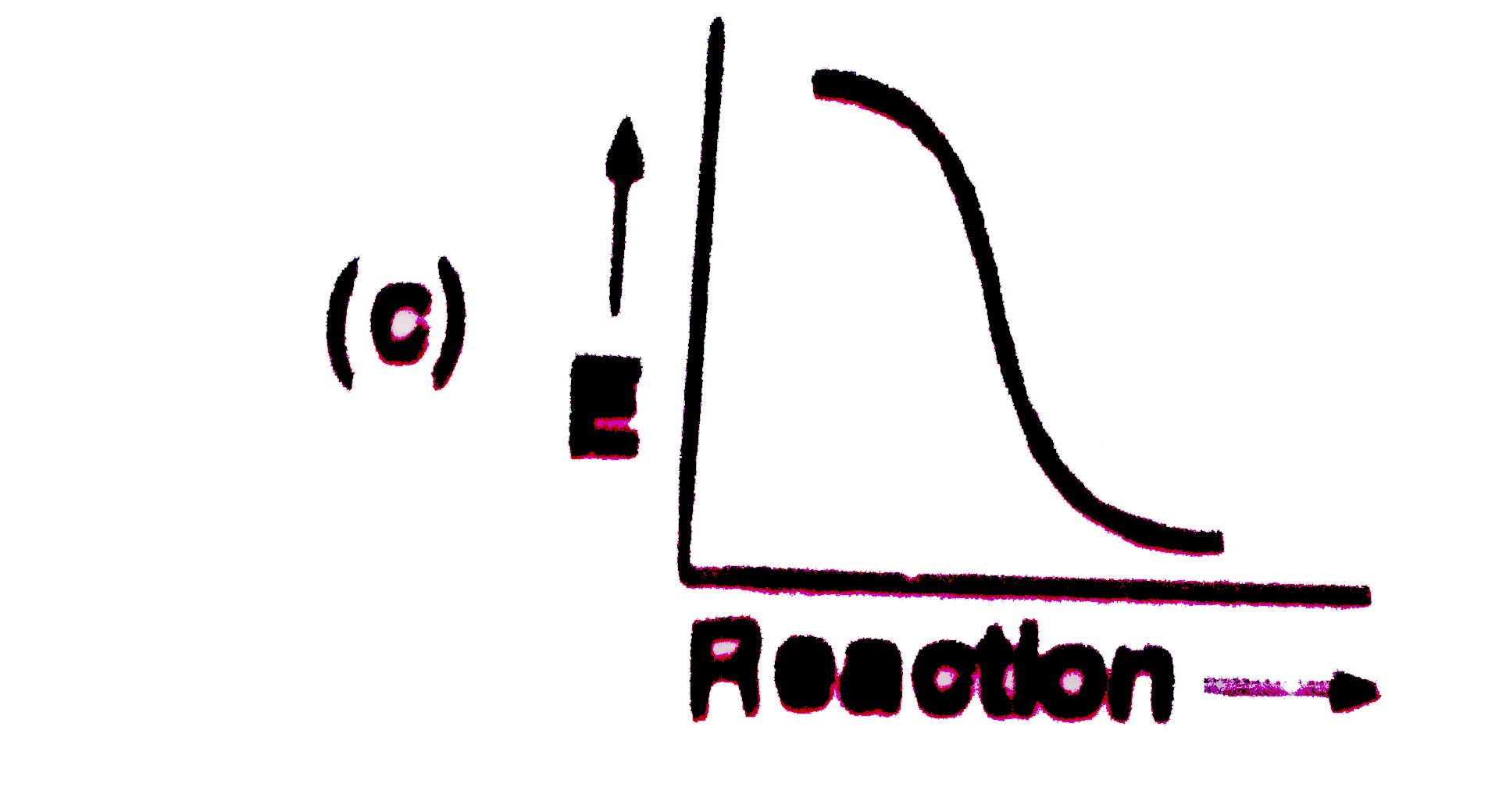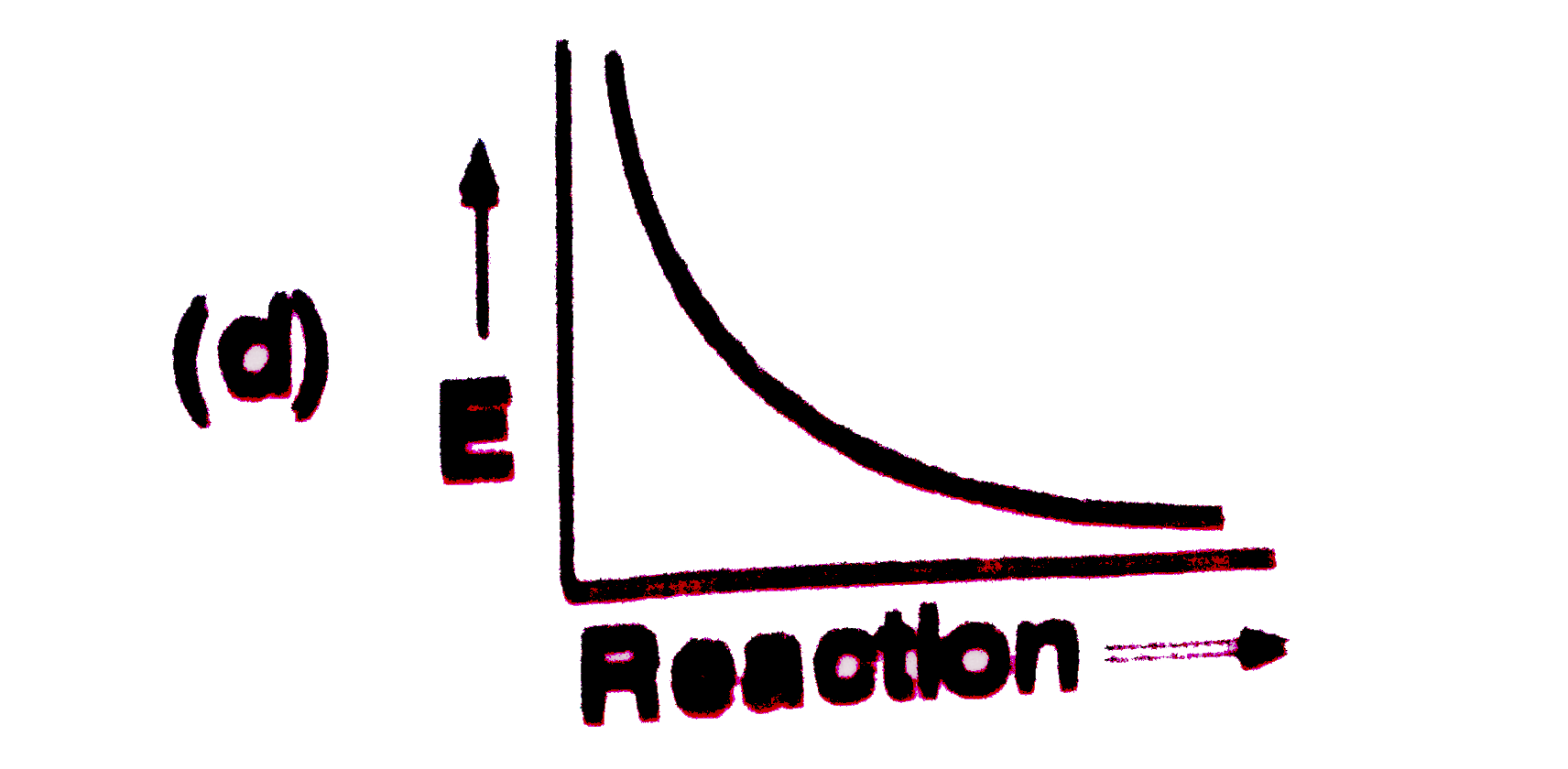Which of the following reactions has Zero activation energy?
CH4+.Cl→.CH3+HCl
Cl2→2Cl
.CH3+.CH3→CH3+CH3
.CH3+Cl−Cl→CH3+Cl+.Cl
Step by step video & image solution for Which of the following reactions has Zero activation energy? by Chemistry experts to help you in doubts & scoring excellent marks in Class 12 exams.
Updated on:21/07/2023Topper's Solved these Questions
- HYDROCARBON BOOK - MOTIONCHAPTER - HYDROCARBON EXERCISE - Exercise - 1
85 Videos
- HYDROCARBON BOOK - MOTIONCHAPTER - HYDROCARBON EXERCISE - Exercise - 2 (Level-I)
29 Videos
- HYDROCARBON BOOK - MOTIONCHAPTER - HYDROCARBON EXERCISE - Exercise - 4 (Level-II)
15 Videos
- GRIGNARD REAGENTBOOK - MOTIONCHAPTER - GRIGNARD REAGENTEXERCISE - EXERCISE-2
16 Videos
- IONIC EQUILIBRUIMBOOK - MOTIONCHAPTER - IONIC EQUILIBRUIMEXERCISE - Exercise -4 (Level -II)
14 Videos
Similar Questions
Knowledge Check
Which of the following cycloalkanes has zero strain energy?
ACyclobutaneBCyclopentaneCCyclohexaneDCyclopropaneWhich graph shows zero activation energy ?
A B
B C
C D
D
If a reaction A+B→C is exothermic to the extent of 30 kJ/mol and the forward reaction has an activation energy of 70 kJ/mol, the activation energy for the reverse reaction is
A30 kJ/molB40 kJ/molC70 kJ/molD100 kJ/mol
If a reaction A + B → C, is exothermic to the extent of 30 kJ/mol and the forward reaction has an activation energy of 249 kJ/mol, the activation energy for reverse reaction in kJ/mol is
View SolutionIf a reaction , A+B→C , is exothermic to the extent of 30kJ/mol and the forward reaction has an activation energy 70kJ/mol, the activation energy for the reverse reaction is
View SolutionIf a reaction A+B→C is exothermic to the extent of 30KJmol−1, the the forward reaction has an activation energy , 70KJmol−1, the activation energy for the reverse reaction is
View SolutionAn endothermic reaction A → B has an activation energy as × kJ mo1−1 of A. If energy change of the reaction is y kJ, the activation energy of the reverse reaction is :
View SolutionAn endothermic reaction A ⇔ B has an activation energy as x kJ mol−1 of A. If energy change of the reaction is y kJ, the activation energy of the reverse reaction is
View Solution
